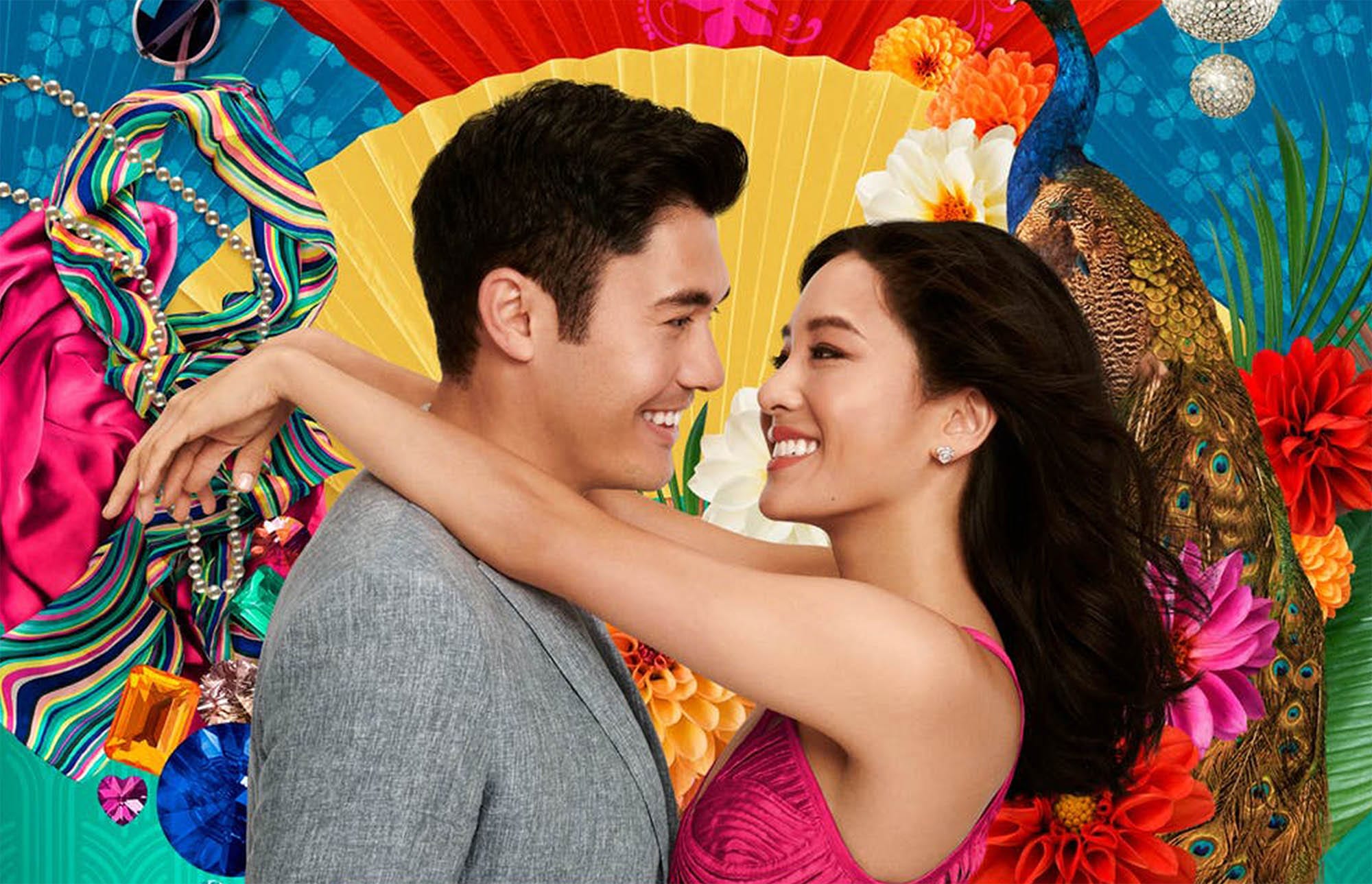
‘Crazy Rich Asians’ paves the way for Hollywood’s new era
Crazy Rich Asians brought the internet gleaming reviews and excited social media posts from viewers who watched and loved the film.
Jon M. Chu’s adaptation of the best-selling novel by Kevin Kwan stars Constance Wu as a New Yorker who follows bae Nick (Henry Golding) to Singapore to meet his family. Little does she know he’s quite literally the richest dude in the whole country and one of the most sought-after bachelors.
As she’s forced to overcome the culture clash ignited by a family matriarch that disapproves of her roots, it becomes clear that while money can’t buy you love, it certainly can mess up a few things along the way.
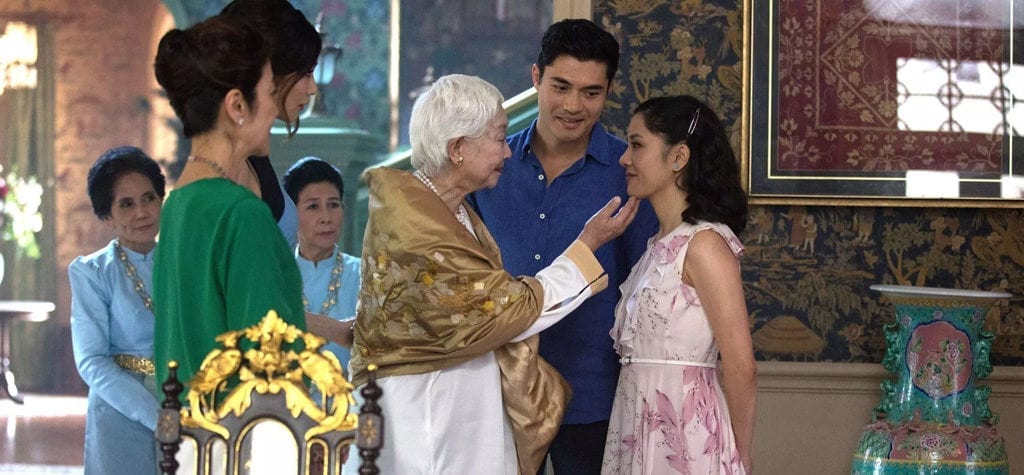
Served up with an abundance of visual razzle dazzle, Crazy Rich Asians takes viewers back to the classic high-society comedies, filled with frothy fun humor and characters you can’t help but root for, and between the moments of nonsensical splendor are snippets of authentic emotions that are relatable to anyone who’s had to fight to make a relationship work.
As The Atlantic critic David Sims wrote in his review, the film dives into the extravagant lives of the top one percent and how it can be thrilling, but ultimately unsatisfying. “The extravagance on display is nonsensical, but that’s part of the fun; the movie is filmed with colorful dynamism,” wrote Sims, adding it’s great to see that “Hollywood can still churn out a winsome family rom-com when it wants to.”
But it’s not just for this reason that Crazy Rich Asians has pumped life back into the tired lungs of Hollywood. As Sims also pointed out, the movie is lauded for its groundbreaking nature as the first studio film with an all East Asian cast set in the present day since 1993’s The Joy Luck Club. “The setting (Singapore) and the ensemble cast (which doesn’t feature a white actor after the first scene) are breaths of fresh air,” declared Sims.
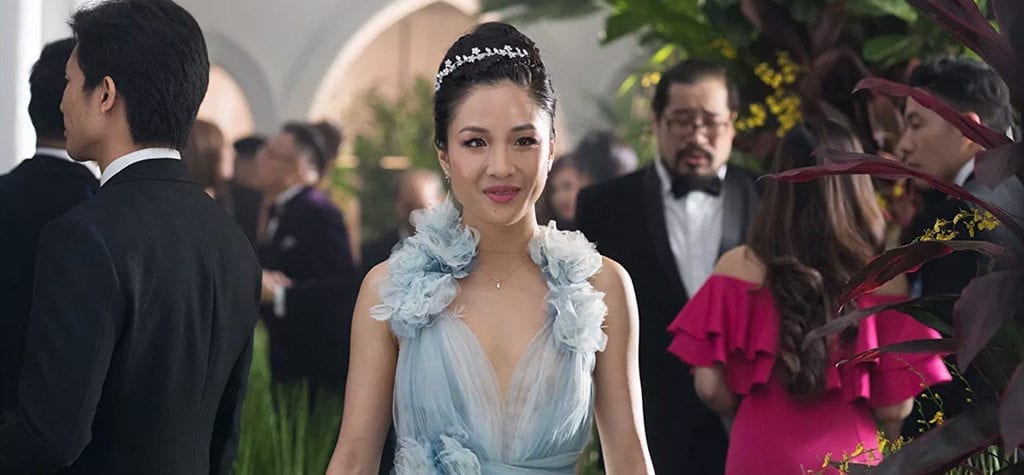
Even before the romcom had hit theaters, Crazy Rich Asians was hailed a “gamechanger for representation” and a step forward for Hollywood as a whole. But now viewers can see it’s a well-made romcom that never wavers in its comedic pulls, the serious elements hit home even harder than they would have were the film to be a flop in terms of entertainment value, including its commentary on America’s attitude towards immigrants and its perspective on classist snobbery.
Another reason the film is receiving praise is for its representation of Asian talent. The two leads, Wu and Golding, absolutely dazzle as the star-crossed lovers, while Singaporean stage and TV actor Tan Kheng Hu’s turn as Rachel’s mother brings warmth and soul to the character.
Then you’ve got a whole group of actors who bring some welcomed comical relief, including Ken Jeong as Nick’s father Wye Mun Goh, Jimmy O. Yang as the bachelor’s friend Bernard Tai, and Fiona Xie as Kitty Pong, Nick’s cousin’s girlfriend and Hong Kong “soap opera” star.

But perhaps our favorite performance came from Nora Lum, or Awkwafina as she’s known by her stage name. This rapper, actor, and TV personality is a shining gem as Rachel’s roommate Peik Lin, who is always on hand to have her bestie’s back (often with a slinky, outlandish outfit to match).
“In pulling together so many terrific yet unknown or little-seen Asian performers in one movie, Crazy Rich Asians makes you think about all the talent – performers of all colors and ethnic backgrounds – that goes untapped, just because Hollywood doesn’t know what to do with it,” wrote Time critic Stephanie Zacharek in her review of the film.
The question of diversity has cropped up many times in Hollywood’s history, as an industry that up until recently has been dominated and ruled by white men. Or the old boys’ club, as it’s known. In 2016, critics pointed out no non-white actors were nominated for two years running at the annual Oscars ceremony, leading to a series of anti-whiteout protests and #OscarsSoWhite to trend on Twitter.
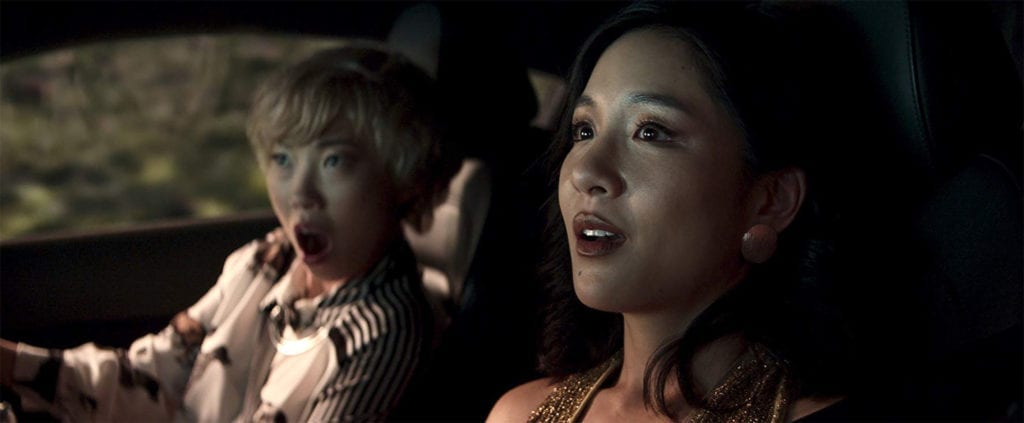
The Academy of Motion Picture Arts and Sciences attempted to address the issue by promising to expand and diversify its ranks, and as a result in 2017 seven of the twenty acting nominees were from ethnic minority backgrounds, up from the previous record of five. But the lack of diversity across all spectrums is an issue that is so widespread, it’s going to be a long time until the playing field is truly level.
More recently, the National Latino Media Council (NLMC) called for a boycott of Paramount Pictures after a report showed the studio failed to deliver a single film featuring a Hispanic writer or Hispanic actor in a lead role. Meanwhile, the National Hispanic Media Coalition were planning earlier this year to hold protests at the latest Oscars for its lack of Latino recognition.
With only three percent of speaking characters in films during the last decade being Latino, it’s understandable to see why organizations are taking action. It also highlights why Crazy Rich Asians is so important in terms of presenting the skillset of its actors, thus highlighting how much untapped talent is out there. Plus, to put it frankly, it’s a good film – an escapist fantasy, yes, but a good one with a solid narrative that delves into the culture of its characters and educates its viewers.
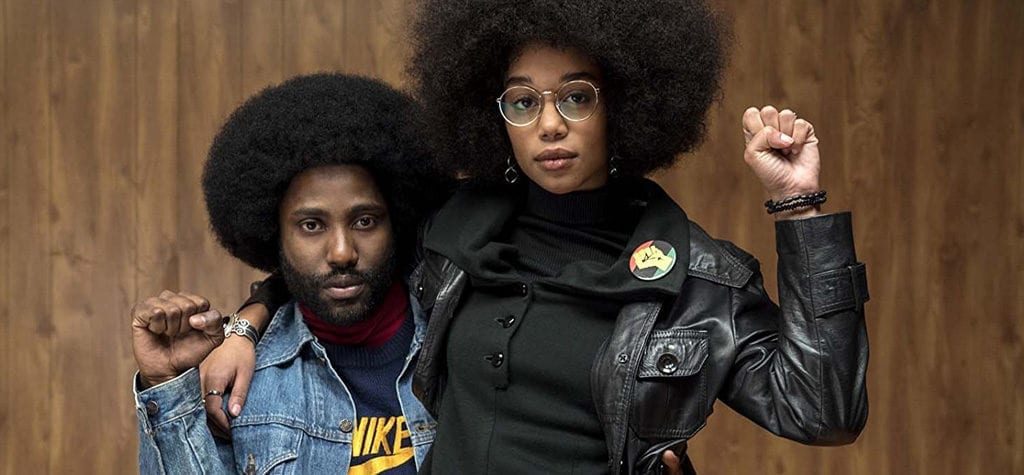
“Many might walk out with a deeper understanding of the class gradations even just within Singaporean society, and the collectivist vs. individualist tensions found in many Asian families. And there’s no obvious stereotyping,” stated Time’s Karen K. Ho.
“For decades, female Asian actors have been asked to portray stereotypes like the vindictive dragon lady, the submissive China doll, the nerdy overachiever or the inert sex worker. Crazy Rich Asians avoids all of these, instead showing the nuances of Asian women’s experiences across generations.”
Some have drawn comparisons of the film to Spike Lee’s recent offering BlacKkKlansman, not for its content by any means – these two films couldn’t be more different. Crazy Rich Asians follows a traditional romcom format while BlacKkKlansman is a satirical take on the race war in 70s America. Yet critics have pointed out that the films are connected in their ability to entertain, educate, and appeal directly to groups of people who have previously been relegated to Hollywood’s sidelines.
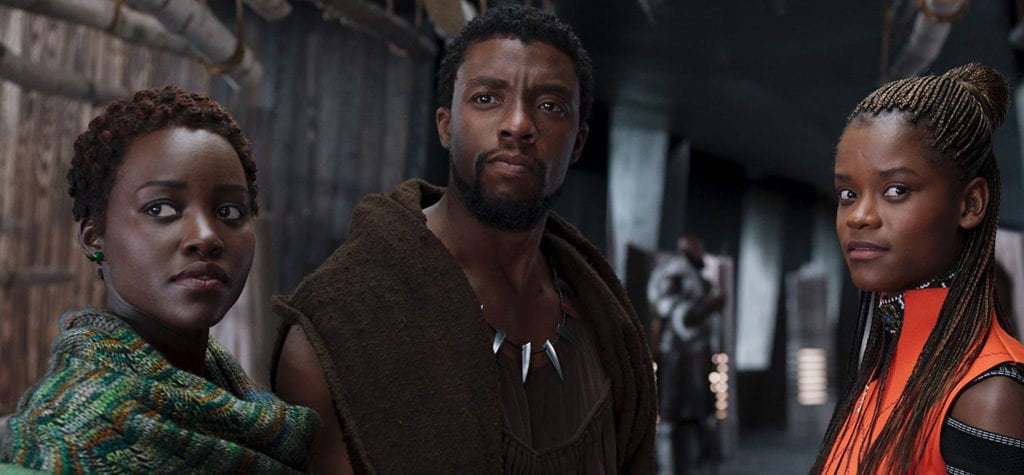
The same goes for Ryan Coogler’s Black Panther, a racially diverse blockbuster that wound up as the third highest grossing movie in American history.
Although some have expressed an aversion to the somewhat reductive comparison of Crazy Rich Asians with films like Black Panther and BlacKkKlansman, “its bottom-line significance should not be overlooked,” said The Ringer writer Jane Hu. “If Crazy Rich Asians makes crazy amounts of money, then we won’t have to wait another quarter-century for another Asian-led Hollywood film.”
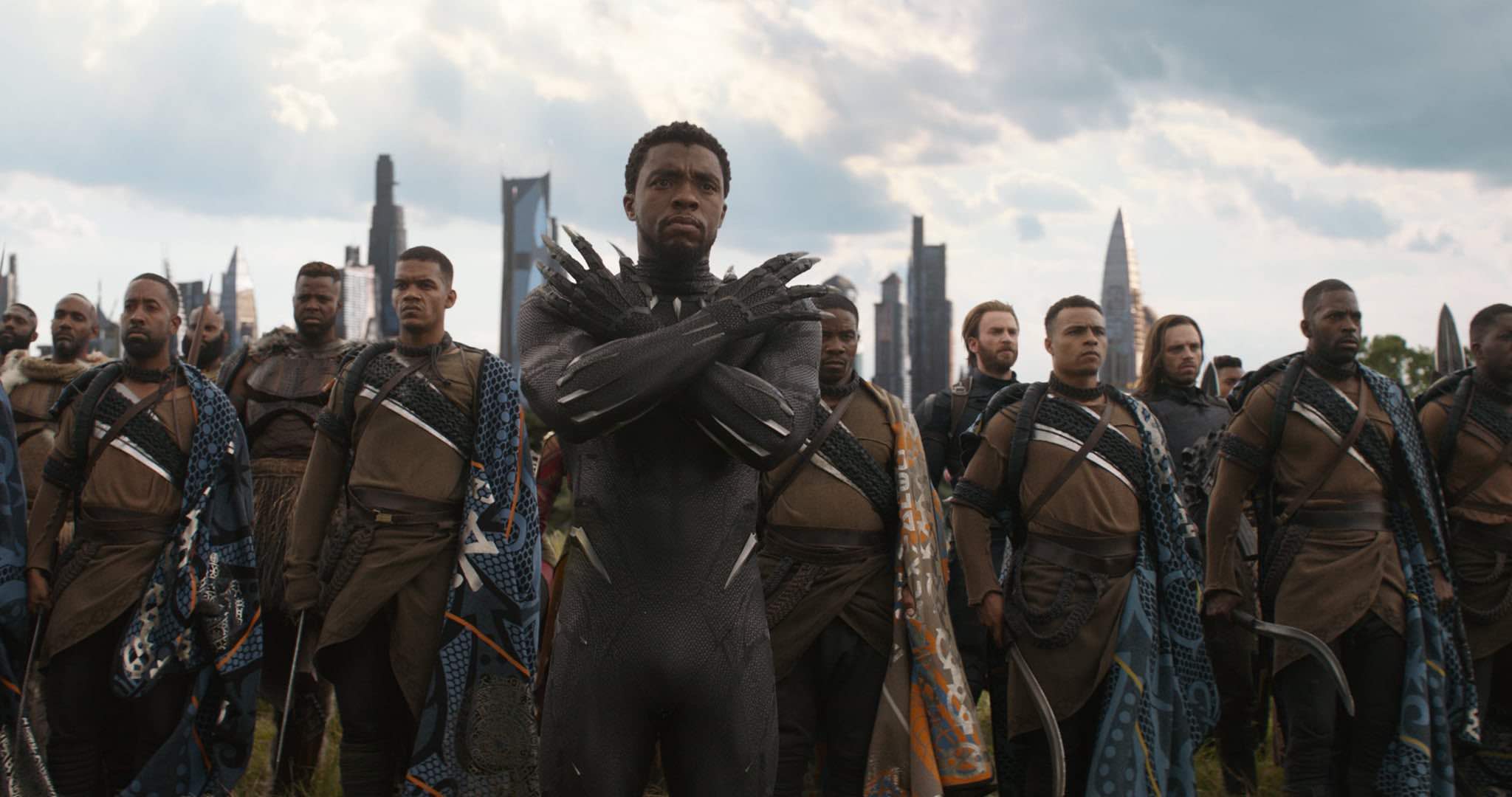
Because as the milestone states, it’s been 25 years since a Hollywood studio released a film to feature an all East Asian cast since The Joy Luck Club. And hopefully the success of Crazy Rich Asians will mean we don’t have to wait another 25 years until we can say the same.
Or better yet, let’s hope that soon we won’t even have to celebrate films like Black Panther and Crazy Rich Asians for breaking diversity milestones and instead they’ll just be the norm.







